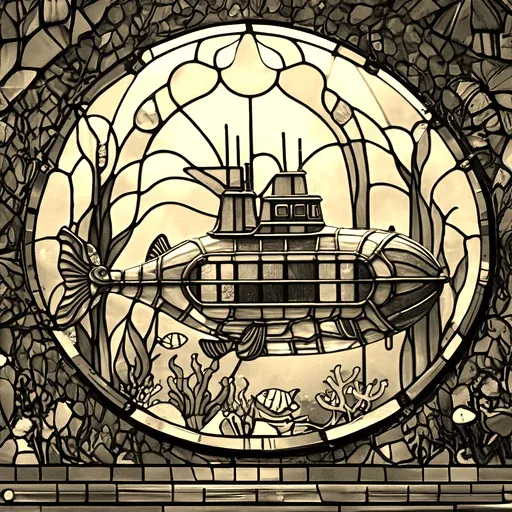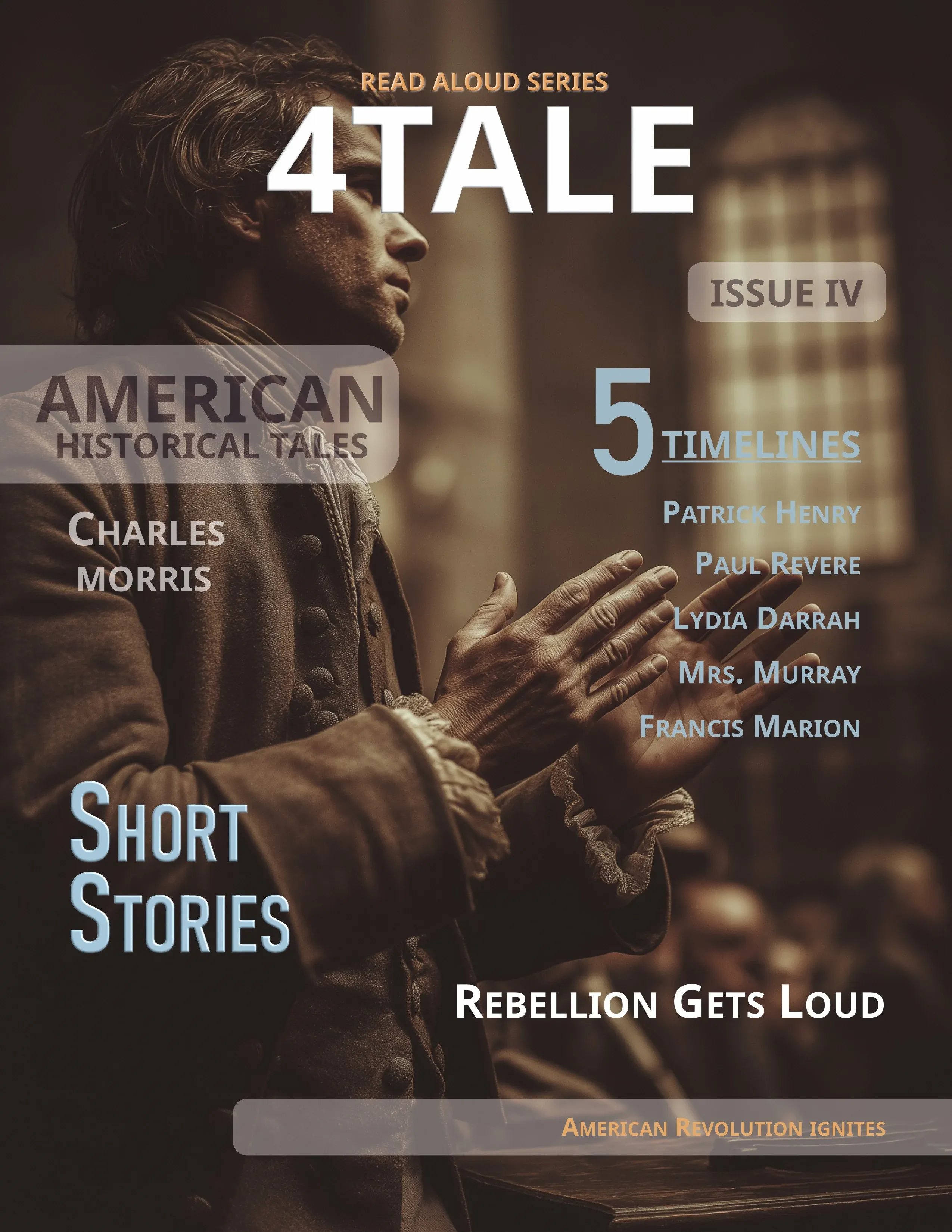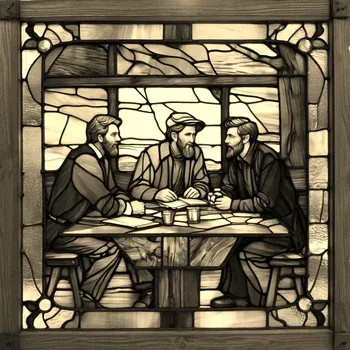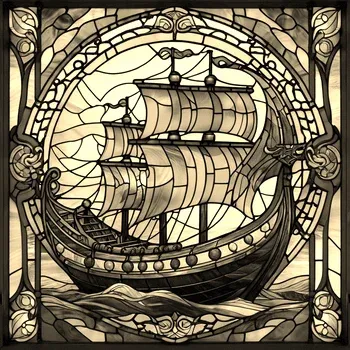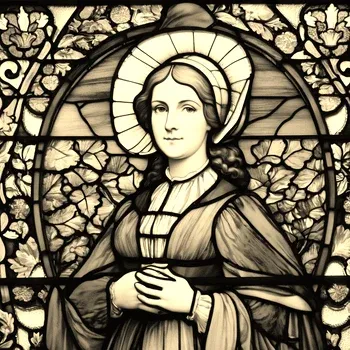Before the days of dynamite and the other powerful explosives which enable modern man to set at naught the most rigid conditions of nature, warfare with the torpedo was little thought of, gunpowder being a comparatively innocent agent for this purpose. In the second period of the Revolutionary War, when the British fleet had left Boston and appeared in the harbor of New York, preparatory to an attack on the latter city, the only methods devised by the Americans for protection of the Hudson were sunken hulks in the stream, chevaux-de-frise, composed of anchored logs, and fire-ships prepared to float down on the foe. All these proved of no avail. The current loosened the anchored logs, so that they proved useless; the fire-ships did no damage; and the batteries on shore were not able to hinder certain ships of the enemy from running the gantlet of the city, and ascending the Hudson to Tappan Sea, forty miles above. All the service done by the fire-ships was to alarm the captains of these bold cruisers, and induce them to run down the river again, and rejoin the fleet at the Narrows.
It was at this juncture that an interesting event took place, the first instance on record of the use of a torpedo-vessel in warfare. A Connecticut officer named Bushnell, an ingenious mechanician, had invented during his college-life an oddly-conceived machine for submarine explosion, to which he gave the appropriate name of "The American Turtle." He had the model with him in camp. A report of the existence of this contrivance reached General Putnam, then in command at New York. He sent for Bushnell, talked the matter over with him, examined the model, and was so pleased with it that he gave the inventor an order to construct a working-machine, supplying funds for this purpose.
Bushnell lost no time. In ten days the machine was ready. It was a peculiar-looking affair, justifying its name by its resemblance to a large ocean-turtle. In the head, or front portion, was an air-tight apartment, with a narrow entrance. It was claimed to be capable of containing fresh air enough to support life for half an hour. The bottom of the machine was ballasted with lead. Motion was obtained from an oar, adapted for rowing backward or forward, while a rudder under control of the operator served for steering purposes. In the bottom was a valved aperture, into which water could be admitted when it was desired to sink the machine; while the water could be ejected by two brass pumps when the operator wished to rise again.
The torpedo arrangement consisted of two pieces of oak timber, hollowed out and filled with powder, the space containing a clock-work arrangement that could be set to run any time desired, and a contrivance for exploding the powder when the time expired. This torpedo was fixed in the rear of the vessel, and was provided with a strong screw, that could be turned by the operator, so as to fasten it under the bottom of a ship or in other desired location. So far as appeared, the contrivance was not unpromising. It failed in its purpose, but solely, if the word of the operator may be taken, from the absence of an indispensable article of supply. What this was will appear in the sequel.
Captain Bushnell's brother had volunteered for the perilous enterprise. A sudden sickness prevented him, and his place was taken by a venturesome New London sergeant named Abijah Shipman, or, as rechristened by his companions, "Long Bige." He was an amphibious chap, half sailor, half soldier, long, thin, and bony, and not wanting in Yankee humor. He had courage enough to undertake any enterprise, if he could only be primed with rum and tobacco, articles which he deemed the leading necessaries of life.
It was an early hour of a July morning. The sun had not appeared on the eastern horizon. By a wharf-side on the Hudson floated the strange marine monster whose powers were about to be tested. On the shore stood Putnam and many other officers. In their midst was Abijah Shipman, ready to start on his dangerous enterprise. It was proposed to tow the nondescript affair into the stream, set it adrift on the tide, and trust to Abijah's skill to bring it under the bottom of the "Eagle," Admiral Howe's flag-ship, which had been chosen for the victim. If the magazine could be attached to the bottom of this vessel, she must surely be destroyed. But certainly the chances seemed greatly against its being thus attached.
Everything was ready. Abijah stepped on board his craft, entered the air-tight chamber, closed the cover, and was about to screw it down, when suddenly it flew open again, and his head emerged.
"Thunder and marlinspikes!" he exclaimed, "who's got a cud of tobacco? This old cud won't last, anyhow." And he threw away the worn-out lump on which he had been chewing.
A laugh followed his appeal. Such of the officers as used the weed felt hastily in their pockets. They were empty of the indispensable article. There was no hope for Abijah; daylight was at hand, time was precious, he must sail short of supplies.
"You see how it is, my brave fellow," said Putnam. "We Continental officers are too poor to raise even a tobacco plug. Push off. To-morrow, after you have sent the 'Eagle' on its last flight, some of our Southern officers shall order you a full keg of old Virginia weed."
"It's too bad," muttered Abijah, dejectedly. "And mind you, general, if the old 'Turtle' doesn't do her duty, it's all 'long of me goin' to sea without tobacco."
Down went Abijah's head, the cover was tightly screwed into place, and the machine was towed out into the channel and cast loose. Away it floated towards the British fleet, which lay well up in the Narrows. The officers made their way to the Battery, where they waited in much suspense the result of the enterprise.
An hour slowly moved by. Morning broke. The rim of the sun lifted over the distant waters. Yet the "Eagle" still rode unharmed. Something surely had happened. The torpedo had failed. Possibly the venturesome Abijah was reposing in his stranded machine on the bottom of the bay. Putnam anxiously swept the waters in the vicinity of the "Eagle" with his glass. Suddenly he exclaimed, "There he is!" The top of the "Turtle" had just emerged, in a little bay a short distance to the left of Howe's flag-ship.
It was seen as quickly by the sentinels on the "Eagle," who fired at the strange aquatic monster with such good aim that Abijah popped under the water as hastily as he had emerged from it. On board the "Eagle" confusion evidently prevailed. This strange contrivance had apparently filled the mariners with alarm. There were signs of a hasty effort to get under weigh, and wings were added to this haste when a violent explosion took place in the immediate vicinity of the fleet, hurling up great volumes of water into the air. The machine had been set to run an hour, and had duly gone off at its proper time, but, for some reason yet to be explained, not under the "Eagle." The whole fleet was not long in getting up its anchors, setting sail, and scurrying down the bay to a safer abiding-place below. And here they lay until the day of the battle of Long Island, not venturing again within reach of that naval nondescript.
As for the "Turtle," boats at once set out to Abijah's relief and he was taken off in the vicinity of Governor's Island. On landing and being questioned, he gave, in his own odd way, the reasons of his failure.
"Just as I said, gen'ral," he remarked "it all failed for the want of that cud of tobacco. You see, I am narvous without tobacco. I got under the 'Eagle's' bottom, but somehow the screw struck the iron bar that passes from the rudder pintle, and wouldn't hold on anyhow I could fix it. Just then I let go the oar to feel for a cud, to steady my narves, and I hadn't any. The tide swept me under her counter, and away I slipped top o' water. I couldn't manage to get back, so I pulled the lock and let the thunder-box slide. That's what comes of sailin' short of supplies. Say, can't you raise a cud among you now?"
There is another interesting story to tell, in connection with the British occupation of New York, which may be fitly given here. The battle of Long Island had been fought. The American forces had been safely withdrawn. Washington had moved the main body of his army, with the bulk of the stores, from the city, leaving General Putnam behind, in command of the rear-guard.
Putnam's position was a perilous one. The configuration of Manhattan Island is such that the British could land a force from the East River, throw it across the narrow width of the island, and cut off retreat from below. The only trust lay in the shore batteries, and they proved useless.
A British landing was made at Kip's Bay, about three miles above the city, where were works strong enough to have kept off the enemy for a long time, had they been well defended. As it was, the garrison fled in a panic, on the bare appearance of the British transports. At the same time three ships of war moved up the Hudson to Bloomingdale, and attacked the works there.
The flight of the Kip's Bay garrison left Putnam in the most imminent peril. He had about three thousand men, and a dangerous incumbrance of women, children, camp-followers, and baggage. The weather was very hot, the roads were narrow; everything tended to make the retreat difficult and perilous. The instant he heard of the unlooked-for cowardice of the Kip's Bay garrison and the landing of the enemy, he put his men in motion, and strained every nerve to push them past the point of danger before his channel of escape should be closed.
Safety seemed a forlorn hope. The British had landed in force above him. A rapid march would quickly bring them to the Hudson. The avenue of exit would be closed. The danger of capture was extreme. It was averted by one of those striking incidents of which so many give interest to the history of war. In this case it was a woman whose coolness and quick wit proved the salvation of Putnam's imperilled army.
Sir Henry Clinton, having fairly landed his men at Kip's Bay, put them quickly into motion to cut off Putnam's retreat. In his march for this object, his route lay along the eastern side of Murray Hill, where was the residence of Mrs. Murray, mother of Lindley Murray, the grammarian, and a most worthy old Quaker lady. Putnam had sent her word, some time before, of his perilous situation, begging her, if possible, to detain General Clinton, by entertaining him and his officers. If their march could be hindered for an hour it would be an invaluable service.
The patriotic old lady was quick to respond. Many of the British officers knew her, and when she appeared, with a welcoming smile, at her door, and cordially invited them to step in and take a friendly glass of wine, the offer was too tempting to be refused. Exhausted with the heat and with the labor of disembarking, they were only too glad to halt their columns for a short rest, and follow her into her comfortable dining-room. Here Mrs. Murray and the ladies of her family exerted themselves to entertain their guests. The wine proved excellent. The society and conversation of the ladies were a delightful change from the duties of the camp. The minutes became an hour before the guests dreamed of the flight of time.
At length a negro servant, who had been on the lookout from the housetop, entered the room, made a significant sign to his mistress, and at once withdrew. Mrs. Murray now rose, and with a meaning smile turned to her titled guest.
"Will you be kind enough to come with me, Sir Henry?" she asked. "I have something of great interest to show you."
"With pleasure," he replied, rising with alacrity, and following her from the room.
She led the way to the lookout in the upper story, and pointed to the northern side of the hill, where could be seen the American flag, proudly waving over the ranks of the retiring army. They were marching in close array into the open plain of Bloomingdale.
"How do you like the prospect, Sir Henry?" she calmly inquired. "We consider the view from this side an admirable one."
What Sir Henry replied, history has not recorded. No doubt it lacked the quality of politeness. Down the stairs he rushed, calling to his officers as he passed, leaped upon his horse, and could scarcely find words in his nervous haste to give orders for pursuit.
He was too late. The gap was closed; but nothing, except such baggage and stores as could not be moved, remained in the trap which, if sprung an hour earlier, would have caught an army.
Only for Mrs. Murray's inestimable service, Putnam and his men would probably have become prisoners of war. Her name lives in history among those of the many heroines who so ably played their part in the drama of American liberty, and who should hold high rank among the makers of the American Commonwealth.
